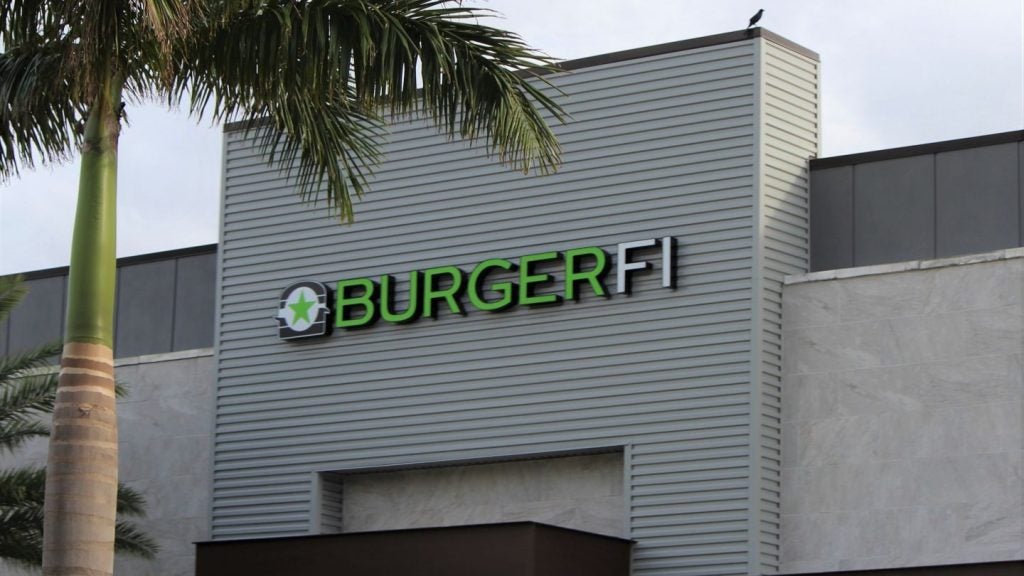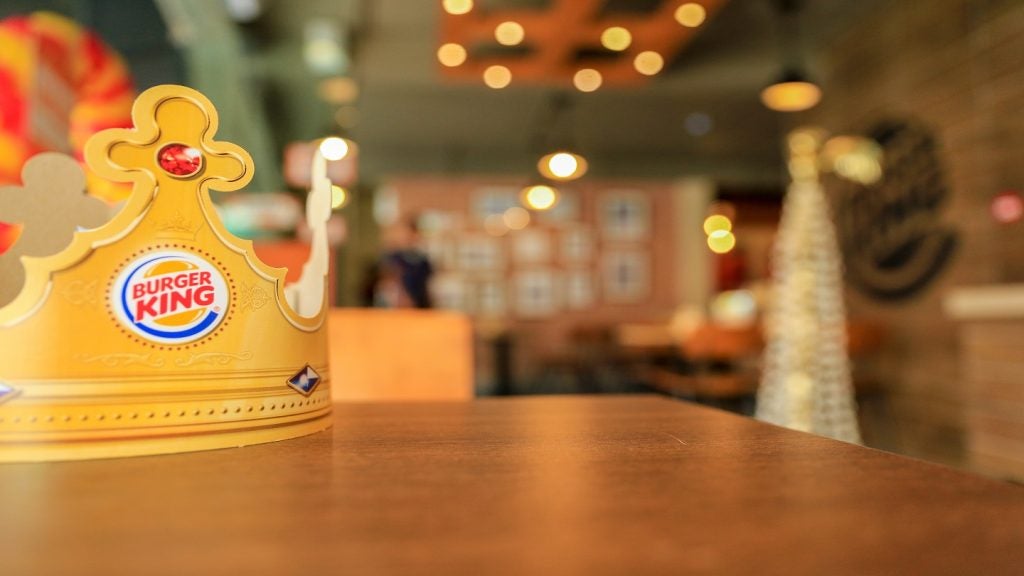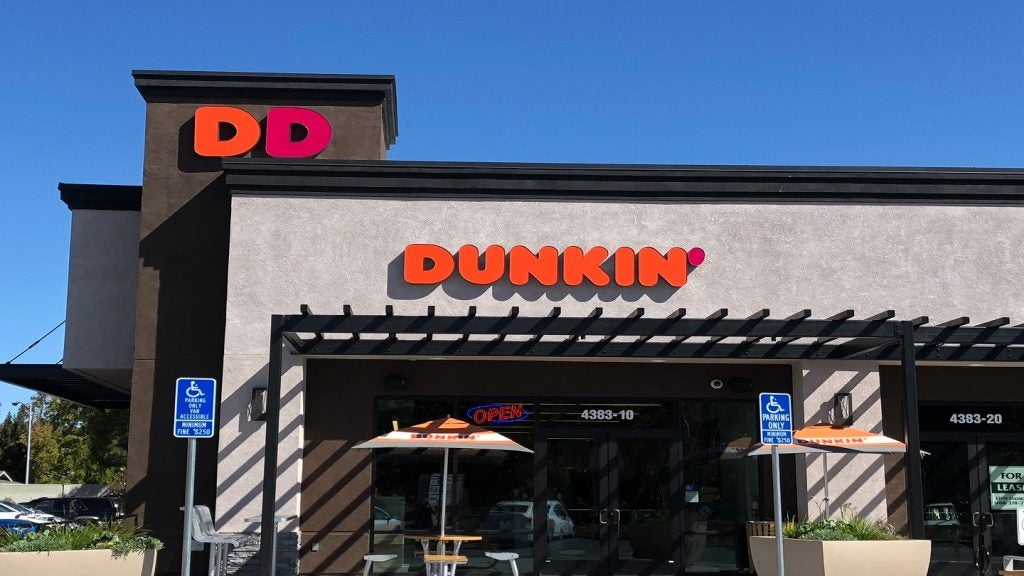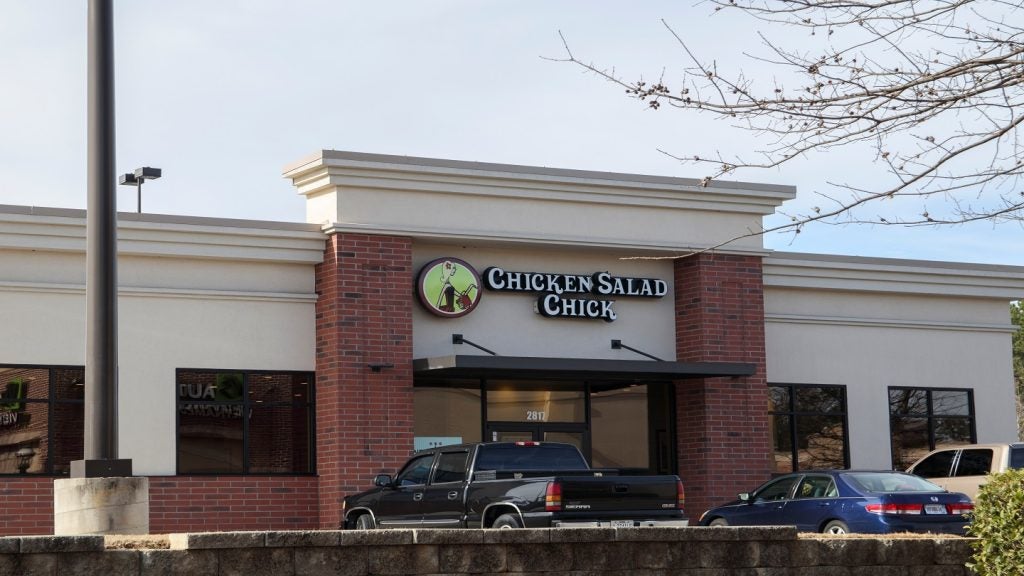Fast-casual restaurant chain BurgerFi has reported a net loss of $6m for the second quarter of 2023, compared with a loss of $60.4m in the same period last year.
According to the company, the narrowing of net loss was driven by lower impairment charges, as well as a reduction in general and administrative and depreciation and amortisation expenses.
The company’s total revenue for the three months ended 3 July 2023 was $43.42m, a fall of 4% from $45.29m in the year-ago quarter.
This decrease was the result of reduced same-store sales at BurgerFi, which outweighed the impact of revenues generated by new restaurants launched and the rise in same-store sales at its pizza brand Anthony’s.
BurgerFi 's same-store sales declined 15% for corporate-owned locations and 8% for franchised sites, while same-store sales at Anthony’s rose 1% year-on-year.
Consolidated systemwide sales were $70.68m for the quarter, down 5% from $74.29m in Q2 2022.
Adjusted earnings before interest, taxes, depreciation and amortisation (EBITDA) dipped to $2m from $2.6m, as Anthony’s same-store sales growth and lower food costs were offset by BurgerFi’s lost leverage on sales.
Total restaurant-level operating expenses dropped to $35.16m from $36.18m, with BurgerFi’s expenses, as a percentage of sales, surging 500 basis points.
For Anthony’s, restaurant-level operating expenses, as a percentage of sales, increased by 60 basis points.
In its annual outlook, the company forecast revenues between $175m and $180m, and adjusted EBITDA of $10-12m.
BurgerFi CEO Carl Bachmann said: “At BurgerFi, we have been focused on improving the products and customer experience, with several initiatives expected to reach stores during the second half of the year and directly address the biggest challenges the brand faces today. Some of these include launching a much-needed new crispy chicken and grilled chicken sandwiches and improving the milkshakes.
“In both instances, we currently run below the industry average in terms of contribution, and combined should have a meaningful impact on topline. Perhaps the most important opportunity is in fixing the French fries, which currently accounts for a large number of customer complaints and is as simple as changing processes in the kitchen. The bottom line is that we cannot accept a performance like 2Q and are committed to driving better results for all of our stakeholders.”
















